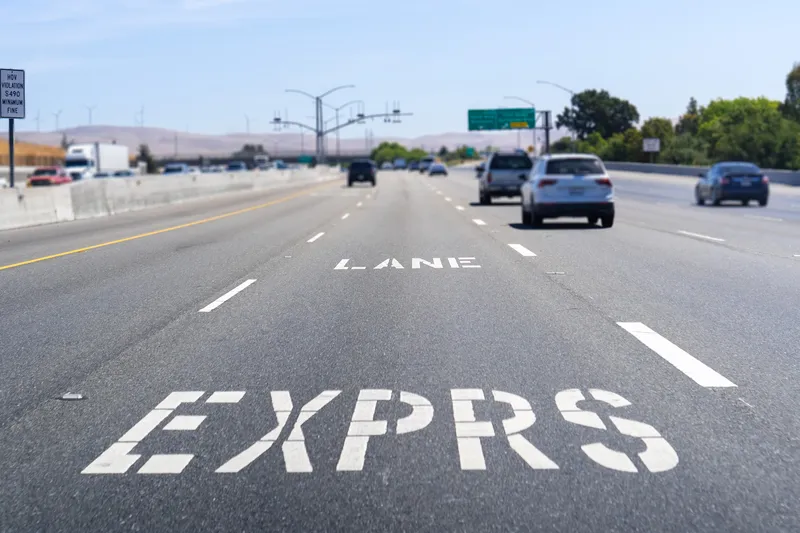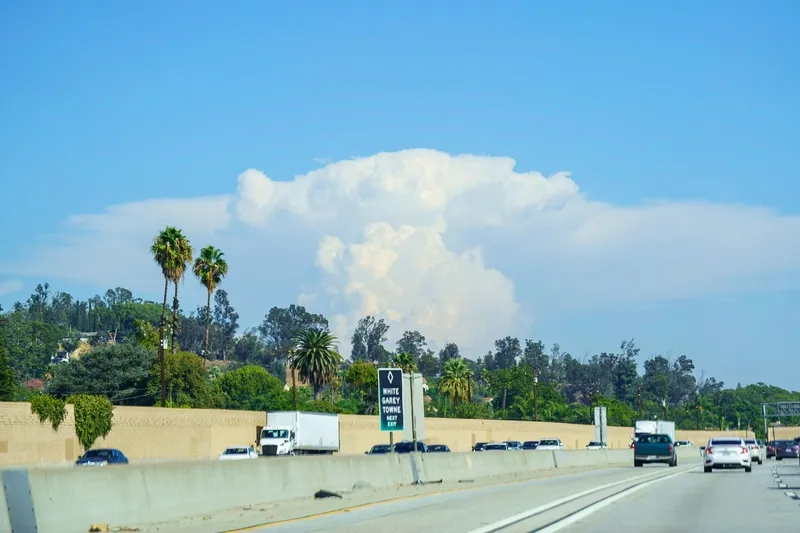
Kapsch TrafficCom has been awarded a 10-year contract extension to enhance travel and toll services in one of the US's most-travelled regions.
Riverside County Transportation Commission (RCTC) has extended the deal to 2041. Part of the greater Los Angeles metropolitan area, Riverside County is the fourth most populous county in California - and 10th in the US.
The extension comes seven years into the original 10-year deal to design, develop, test, install and operate a toll and traffic management solution for the Interstate 15 Express Lanes Project and full replacement of the State Route 91 Express Lanes roadside tolling system.
Originally awarded in 2017, I-15 Express Lanes opened to the public in 2021 and gained overall final acceptance in 2022. Kapsch TrafficCom and RCTC worked closely in that time to further enhance travel and toll services in the region, including adding the 15/91 Express Lanes Connector project to the overall scope.
The new award covers all toll services Kapsch provides for RCTC – including roadside toll operations and maintenance on SR-91 and I-15 Express Lanes and the customer support and operations of the Riverside Express toll programme. The overall project encompasses 40km, and processes over 45 million trips annually.
Kapsch delivered an end-to-end solution that included two tolled express lanes incorporating 10 toll points on the I-15 Express Lanes and six on the 91 Express Lanes. Its system incorporates variable roadside message signs, CCTV cameras for enforcement, and microwave vehicle detectors. The company also delivered the 15 Express Lanes back-office system, dynamic pricing, image review, a customer contact centre and collections enforcement.
Additionally, Kapsch TrafficCom maintains operations for the express lanes and staffs and runs the traffic operations and customer service centres.
“Kapsch TrafficCom understands our business, operates efficiently and is actively engaged with us from our teams out in the field to the executive level,” said Jennifer Crosson, toll operations director at Riverside County Transportation Commission.
“We’re thrilled to have been awarded this contract extension and continue our strong partnership with RCTC and the travelling public in Southern California,” said JB Kendrick, president of Kapsch TrafficCom North America. “We value our highly collaborative partnership with RCTC and extending our services through 2041 shows our dedication to bringing top-notch technology, expertise and people to enhance travel throughout the region.”
Kapsch TrafficCom, headquartered in Vienna, Austria, has subsidiaries and branches in more than 25 countries.










